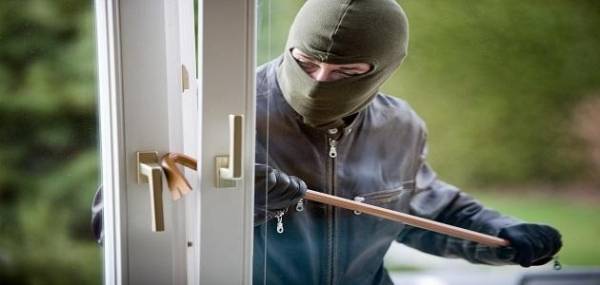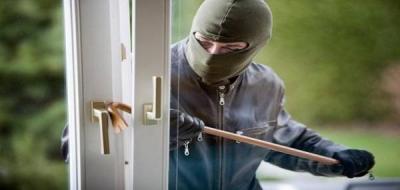Statistics published by the internal security forces indicate a "6.5% decrease in theft incidents compared to 2021." However, the reality appears completely different. Not a day goes by without hearing about thefts in villages and cities, which no longer limit themselves to cars, commercial establishments, and homes; they have escalated to individuals stealing a gas cylinder aimed at "feeding my family," according to his statement.
In this dire reality, compounded by the poor performance of security agencies due to the collapse of their personnel's salaries and incentives, and the judges' recent refusal to act which has led to postponed trials and an increase in the number of detainees, some municipalities and local residents have taken on a role in protecting the security of their cities and villages from thieves.
In the past, theft incidents occurred in specific locations and conditions. Today, amid the deteriorating economic situation, we hear of thefts taking place in broad daylight, in crowded cities and streets, and even in small villages that used to represent a source of peace and safety for their residents. Typically, organized networks carried out the thefts, laying out premeditated plans and specific targets for their operations, primarily focusing on valuable possessions such as cars and jewelry. This type of theft has now been supplemented by individual thefts, as more people engage in thefts spontaneously and without prior plans.
Under the crushing economic crisis, the list of "targets" has expanded to include baby formula, diapers, and gas cylinders! With every incident of this nature in small villages and towns, the immediate comment is, "It's definitely a Syrian." Despite the security forces publishing the names of the thieves and their nationalities—which vary between Lebanese, Syrian, and others—the accusations disproportionately target Syrians. Often, the initial reaction in villages and small towns is to urge local authorities, represented by municipalities, to impose a curfew on Syrians. It is important to note that under the current economic conditions in the country, the living situations of Lebanese citizens are no better than those of displaced Syrians.
**Precautionary Measures**
To curb these phenomena, some municipalities have started conducting night patrols to monitor neighborhoods and streets. Some, like the municipality of Hadath, have enforced a nighttime curfew on motorcycles from 7 PM to 7 AM due to an increase in theft incidents involving these vehicles. Meanwhile, residents have taken individual measures to protect their properties by installing lights or surveillance cameras.
Ibrahim Kothrani, the mayor of Tuffahita (Saida District), confirmed that the internal security forces "are primarily responsible for maintaining security. However, under these exceptional circumstances that have led to a near absence of security oversight, the municipality is somewhat responsible for ensuring a minimal level of public safety and maintaining a stable security situation in the villages and towns." He added: "The municipality's police conduct patrols. If we suspect any suspicious movements, we address the matter or notify the security forces."
**1,262 Detainees in One Month**
Due to the crisis of trust between Lebanese citizens and state institutions, including security forces, there are two separate paths for recovering stolen items. Some adhere to legal methods by filing complaints and recording them at the police station, waiting for the investigations to conclude. Others prefer to cooperate with municipal or partisan committees to gather evidence and track the thieves.
For their part, the security forces, despite limited resources, have not hesitated to fulfill the minimum of their duties and have intensified efforts to track down criminals amid the rising incidents of theft, pickpocketing, and robbery in various areas. A statement from the General Directorate of the Internal Security Forces - Public Relations Division announced that during August, they arrested 1,262 individuals for various crimes, including murder and attempted murder, theft, robbery, drug offenses, human trafficking, gunfire, domestic violence, and others... Among these were 292 individuals of various nationalities suspected of committing diverse thefts. The detainees were referred to the relevant judicial authority based on direction. The thefts varied from cars, batteries, cables, money, phones, and more.
**The Penalty for a Thief Can Reach 10 Years in Jail**
Lebanese law distinguishes between misdemeanors and felonies concerning theft. Theft is originally considered a misdemeanor, but certain circumstances can elevate it to a felony. A person may face hard labor punishment ranging from three to seven years, and in some cases, the penalty could reach ten years. For instance, if someone steals a car or a vehicle, or if the theft is committed by a masked person or someone armed with a visible or concealed weapon or uses violence, they may be punished by hard labor ranging from three to ten years. If the perpetrator kills another person for a reason related to the theft, the punishment can be the death penalty.
One of the critical elements in proving the crime of theft is the presence of criminal intent on the part of the perpetrator. A person may take what they believe is their property, abandoned, or ownerless. If the perpetrator proves a lack of criminal intent, they cannot be held criminally responsible for the theft.




